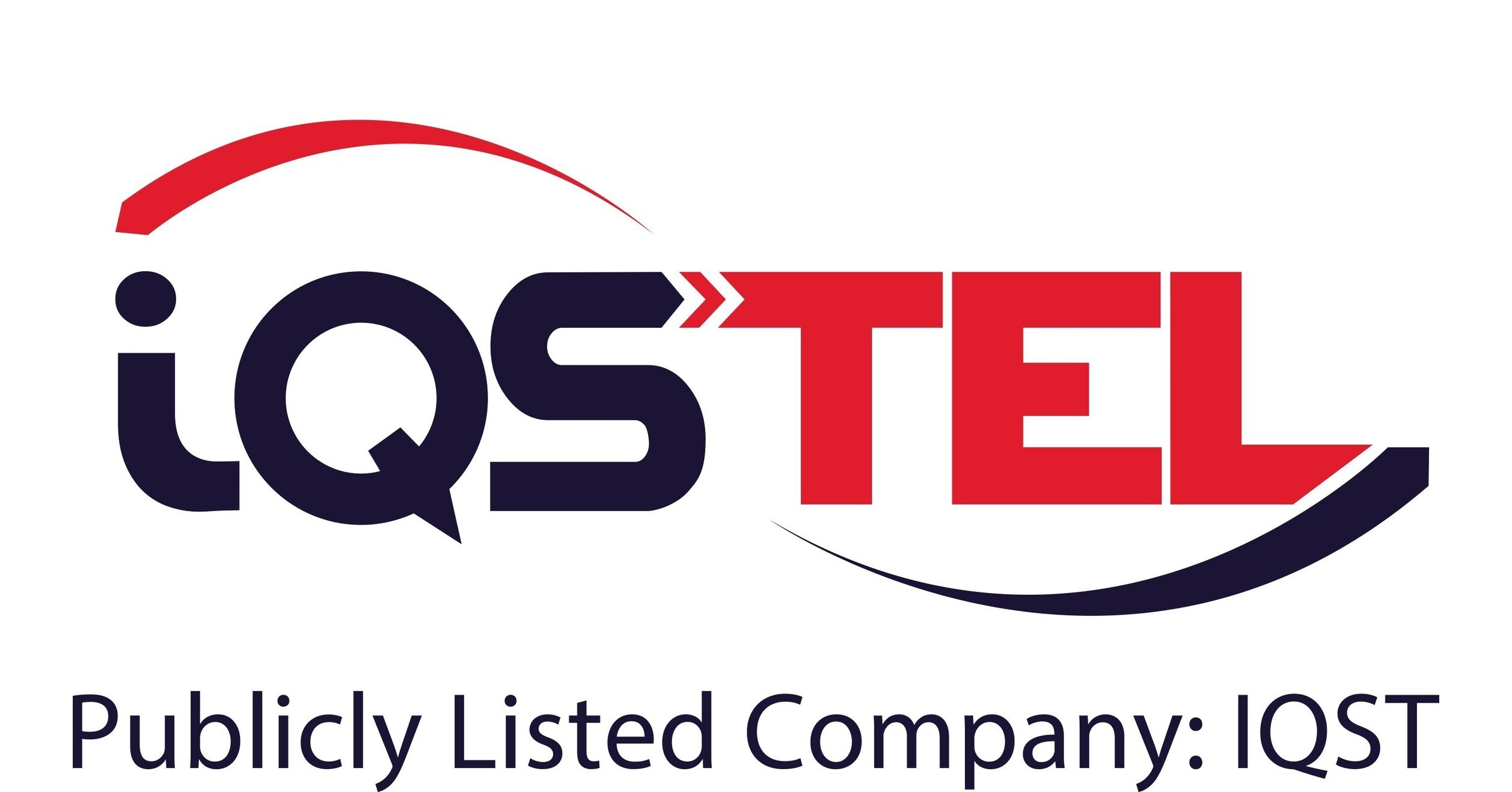Crypto Projects to Fight for Privacy in Switzerland

Switzerland has long been recognized as a haven for privacy, attracting companies, organizations, and wealthy individuals seeking to avoid scrutiny. This reputation has made it a hub for Web3 projects and traditional privacy software companies, such as Nym, Session, Hopr, Proton, and Threema, drawn by the Swiss government’s favorable stance toward blockchain and digital assets. However, proposed changes to the Ordinance on the Surveillance of Correspondence by Post and Telecommunications (OSCPT) are causing concern among these projects due to increased user monitoring requirements.
The OSCPT revision, proposed by the Swiss Federal Council in January, broadens the definition of telecommunications service providers to include VPNs, social networks, and messaging apps. It mandates that service providers with at least 5,000 users identify all users and decrypt non-end-to-end encrypted communications. This has sparked backlash from the privacy community.
Proton CEO Andy Yen has threatened legal action and potential relocation, while Nym issued a public call to action against the ordinance. Alexis Roussel, COO of Nym, stated that the ordinance endangers the users of these services. Sebastian Bürgel, VP of Technology at Gnosis and founder of Hopr, believes the move will backfire, potentially driving companies out of Switzerland without significantly limiting privacy.
Ronald Kogens, a legal partner at MME specializing in Web3 and fintech, questions the Federal Council’s authority to implement such changes via an ordinance, which should not impose heavy burdens on individuals. He suggests that laws must pass through parliament and that the council's power to enact the ordinance is debatable.
Despite the threat to Switzerland’s privacy reputation, decentralized technologies like blockchain may offer a solution. Kogens believes truly decentralized projects should be exempt from the new surveillance requirements, especially those that offer software without operating the infrastructure. The more decentralized a project, the less influence any government can exert on its operations.
Tornado Cash, for example, has continued operating despite arrests and sanctions. Nym CEO Harry Halpin stated that the network should continue operating even if its developers are incapacitated. Bürgel noted that Hopr, as a Web3 infrastructure, focuses on software development and R&D without operating a network, making it impossible to provide user information even if legally compelled.
The proposed OSCPT changes are in the consultation phase, with public feedback encouraged until May 6. The council will review the feedback and decide whether to adjust the proposal. Kogens suggests that Switzerland has an interest in avoiding actions that harm the industry, as long as they can still fulfill their surveillance goals.
Even if the changes proceed, they may drive users to decentralized and privacy-facilitating solutions. Bürgel emphasized that increased surveillance is universally understood to be detrimental, and taming the surveillance machinery is a key goal of Web3, extending beyond just cryptocurrency.










